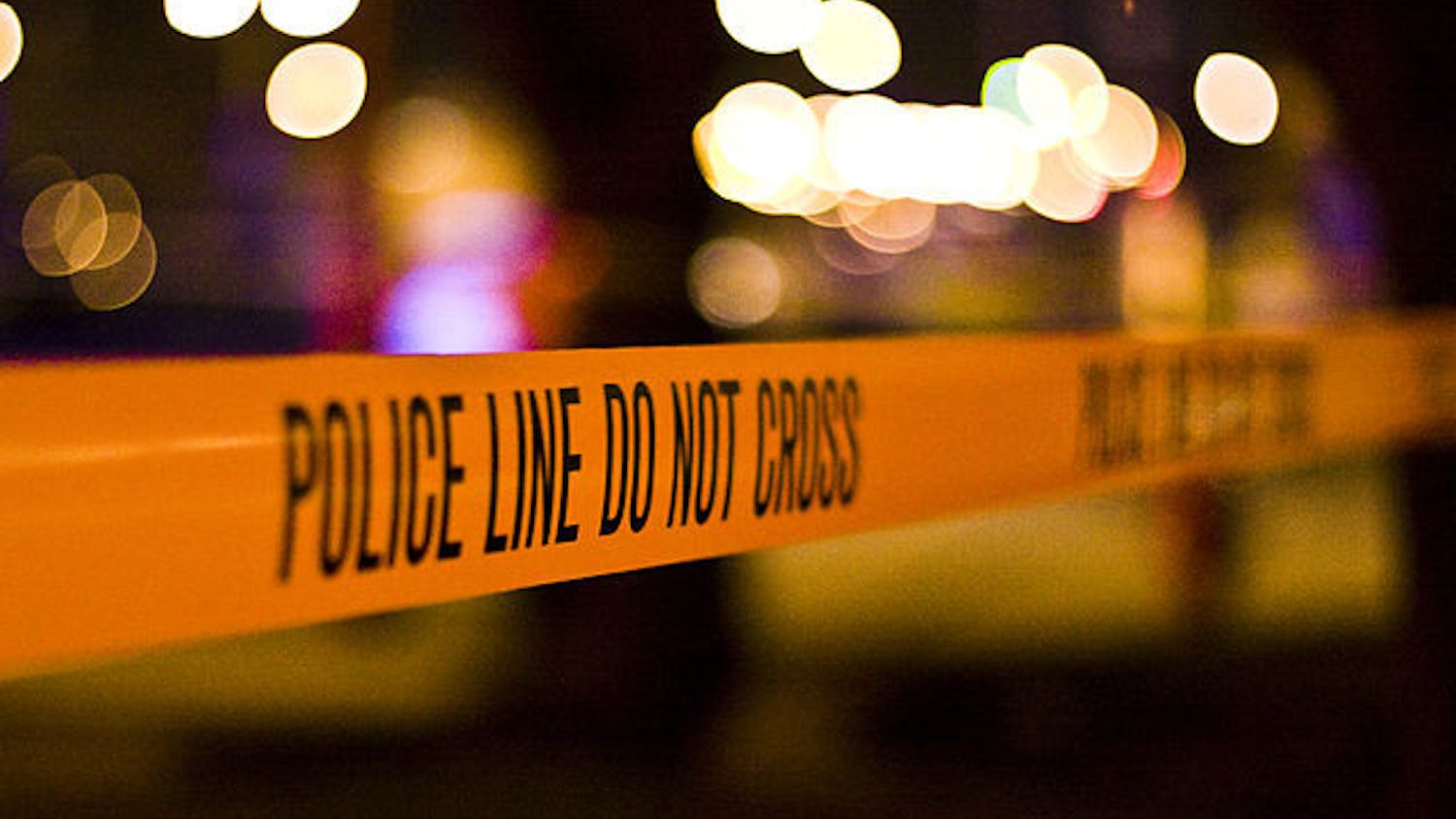When we began brainstorming today’s editorial, there was every intention of writing a pleasant little column on the inability of Florida lawmakers to rectify the blatant gerrymandering that plagues Florida. But, as with so many American mornings, tragedy made it all but impossible to write anything that even remotely resembled a "pleasant" demeanor.
We don’t need — or particularly want — to regurgitate the details of Wednesday’s shooting in Roanoke, Virginia, which took the lives of television station WDBJ7 journalists Alison Parker and Adam Ward and wounded Roanoke local Vicki Gardner. You can find the factual account of what happened in every American source of news. Given the horrific frequency with which these murders occur in our country, there’s a strong chance that, even if you don’t know the explicit details, you can fill in the blanks on your own.
We are also not going to use this column as a platform to declare that the U.S. has a frightening gun problem. Considering nothing has changed in the two and a half years since 20 children were murdered in their own classroom, there is not much of a point in banging a proverbial head against a wall.
Our vocabulary is not wide enough to describe the mix of anger and profound sadness that these shootings produce: anger for the lobbyists and corporate interests who ensure business will continue as usual, and sadness for the wholly unnecessary and deeply upsetting loss of human lives. As journalists, this strikes us a tinge harder, seeing individuals in our own field killed doing their job.
Much of the coverage surrounding Wednesday’s shooting focused on Parker’s boyfriend and fellow reporter Chris Hurst, who shared on Twitter that they had been in a nearly year-long relationship. "We didn’t share this publicly, but (Parker) and I were very much in love," one of Hurst’s tweets says. "We just moved in together. I am numb." Ward himself had been engaged to a producer for WDBJ7, Melissa Ott; she witnessed her fiancée get shot from the WDBJ7 control room, a hellish scenario we would not wish on anyone.
So, what do we do now? What can we do after the one of only countless American shootings of 2015? We wish we knew. Reading about these stories again and again, time after time, with little to no movement by our citizens or government to change things can leave even the most positive of individuals disheartened. What can any of us do? We’re college students trying to improve our lives one class at a time, not politicians with millions of dollars and legislative power at our disposal.
It would seem as though the only rational response is to get angry. It’s commonly accepted that the U.S. suffers more instances of gun violence than any other developed country in the world — why are we OK with this? Why is it that two and a half years after the Newtown shooting, arguably the most horrific instance of gun violence this country has ever seen, this has continued to happen?
Tragedies like these present no simple answers; they only make them harder to find.





